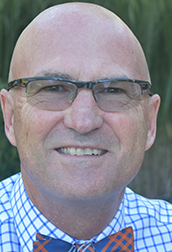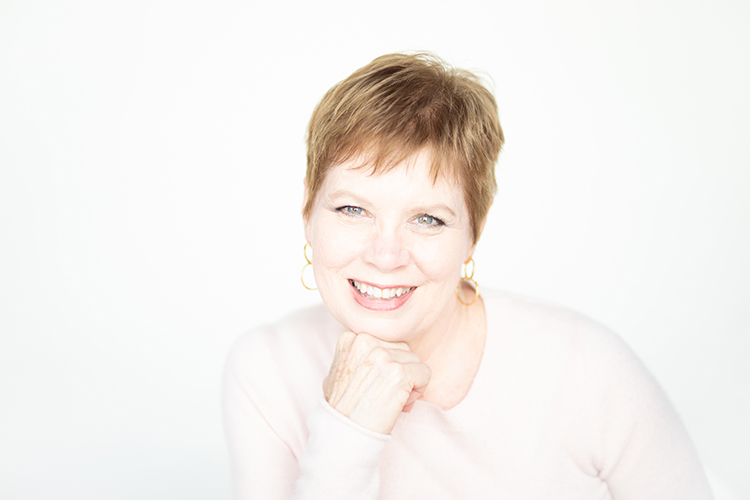Dr. Mike Graves, Scholar in Residence and Minister of Spiritual Formation
Among the church staff, there is something of a standing joke. When it’s your turn to write a piece like this one for the newsletter, if you don’t have it in by Tuesday noon when we meet, the draft will feature your article in Latin. It’s really just some mumbo-jumbo, something to take up the space where the article will eventually appear, and in English of course.
Five hundred years ago, if you went to church, the songs and sermons alike were in traditional Latin, a language none of the worshipers and few of the clergy understood. Let that sink in. No one understood what was being said! In two separate classes recently, I stressed what a gift it is to be descendants of Martin Luther, that sixteenth century Catholic monk whose protests led to what we now call the Protestant Reformation. It’s hard for us to grasp how radically the world changed as a result of his reforms. When Luther began to translate the Bible into his native German, this was considered scandalous. Persons were put to death for such things. Same goes for having a church service and communion without a priest present. Blood was spilled.
One of the more marvelous phrases to emerge from the Reformation is “the priesthood of all believers.” Luther himself wrote that while “not all are pastors,” without question “all Christians are priests.” He never went so far as our own Disciples tradition has, that anyone can preside over communion, but he most definitely believed all of us have access to God and should have access to the Bible.
While so many lessons could emerge from this truth, two stand out for me: protest and learning. The first is in the name itself, Protestant. People who attend Christian worship services have every right to question what pastors like myself have to say when preaching. And they have every right to read the Bible for themselves. Doing so would equip churchgoers to think for themselves. Luther probably could never have imagined a day when people wouldn’t bother to read their Bibles, English or otherwise. How tragic!
Next Summer, our church is offering a trip to Scotland, another important spot in Reformation history. In some ways, Disciples of Christ trace their roots back there. I suspect that in addition to the things we’ll enjoy (the people, the sights, the food, even some golf), we will also come away horrified at the blood that was shed in the struggle for religious freedom. In the meanwhile, if you want to learn more about the great reformer himself, Martin Marty’s biography Martin Luther is published by Penguin, and it’s a great read.




